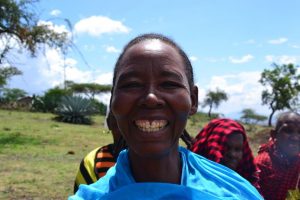WHY we need you in Tanzania
- Rates for completing school are very low- around one third of the population complete primary education, and less than one in ten finish secondary school.
- According to UNICEF, 88% of all Tanzanian children live in multi-dimensional poverty in Tanzanzia (affected in at least 3 areas).
- In 2015, over 600,000 Tanzanian children were suffering from acute malnutrition.
- 49.1% of Tanzanians lived below the poverty line in 2011, thats just $1.90 USD per day.
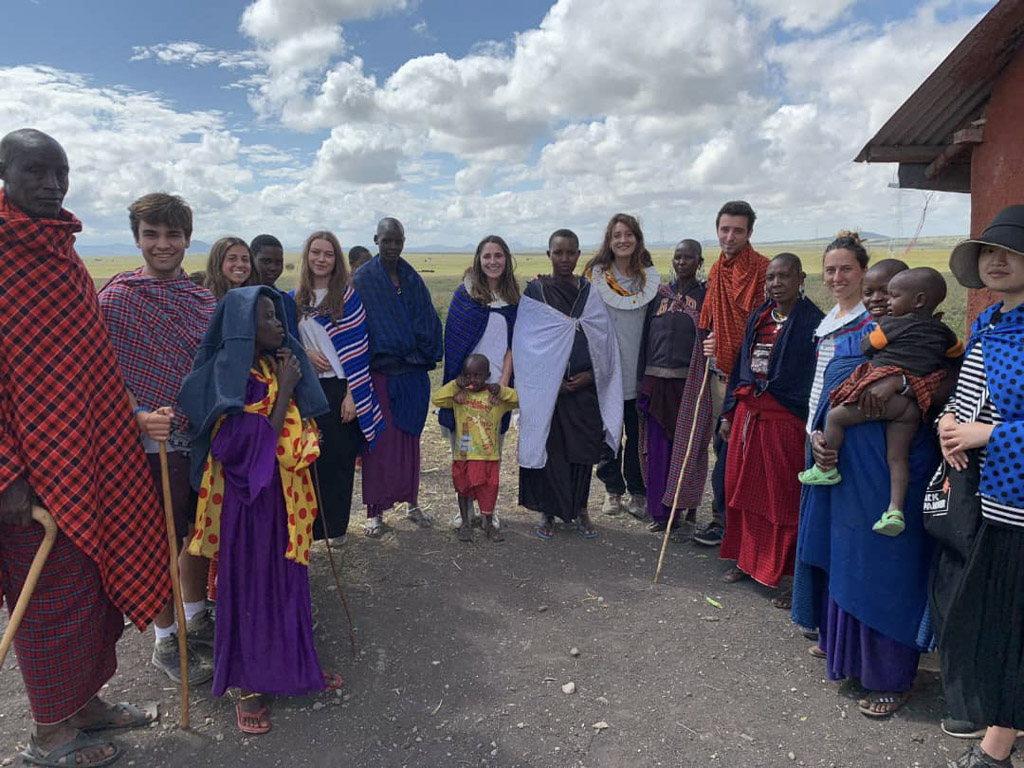
HOW can you help?
- Educate and empower Maasai women, who have not had the chance for an education.
- Teach basic English skills and financial literacy to the local women.
- Inspire the women to learn how to earn a living, supporting themselves and their children
- Through guidence and education, teach the women on how to best protect their income so they can financially support themselves
WHAT you can do?
- Teach basic English and financial money saving skills
- Ensure Maasai women have the knowledge to use their income generating activities to cover costs for their children, such as pens, exercise books, food and security
- Talk to the women about the challenges they face, and come up with practical ways to help
- Educate the women and community on the importance of an education
Why Involvement Volunteers International?
- Non Profit Organisation & Charity
- Over 30 Years Expertise Globally
- Low Program Fees - From US$295
- Excellent Safety Record, In-Country 24/7 Support & Emergency Assistance
- 1 Application Fee - Multiple Countries

PROJECT NAME: MAASAI WOMEN EMPOWERMENT
LOCATION: MOITA, ARUSHA
START DATES: WEEKLY (SAT/SUN ARRIVALS)
ACCOMMODATION: VILLAGE HOMESTAY
MIN DURATION: ONE WEEK
MIN AGE: 16+
SPECIAL REQUIREMENTS: Criminal background check required
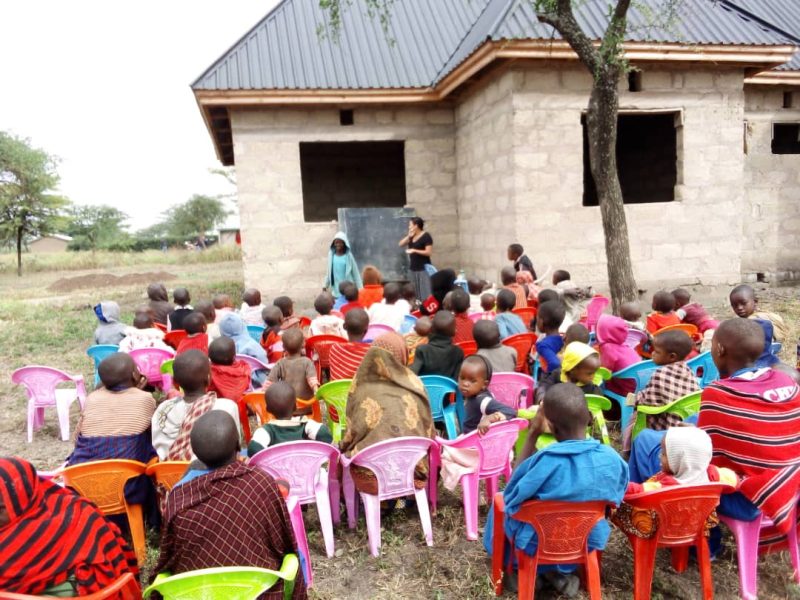
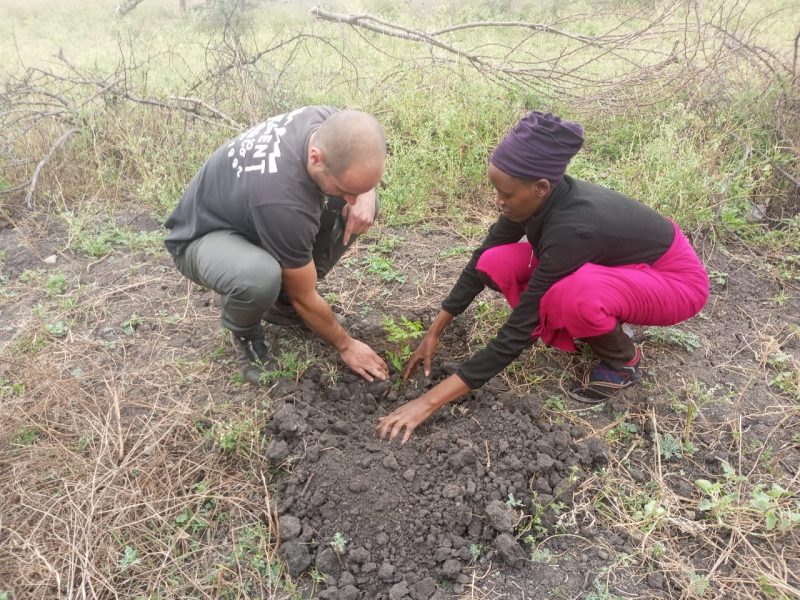
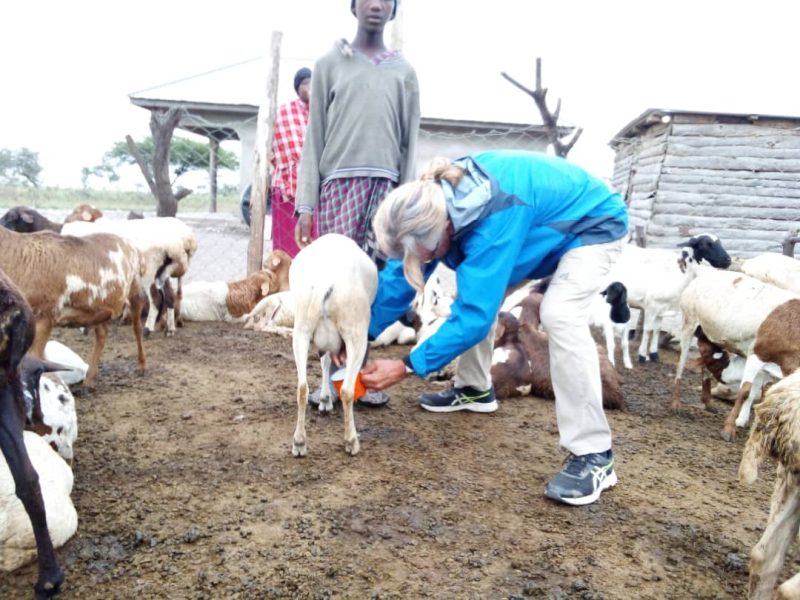
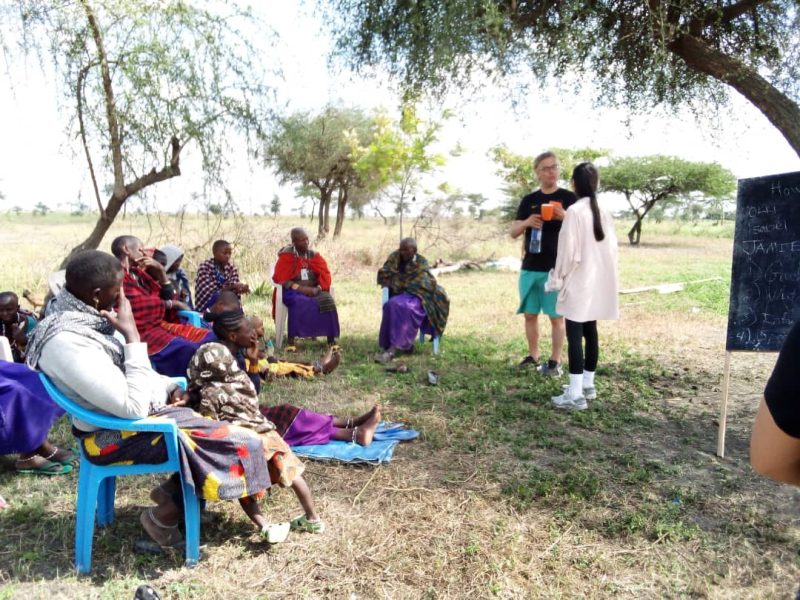
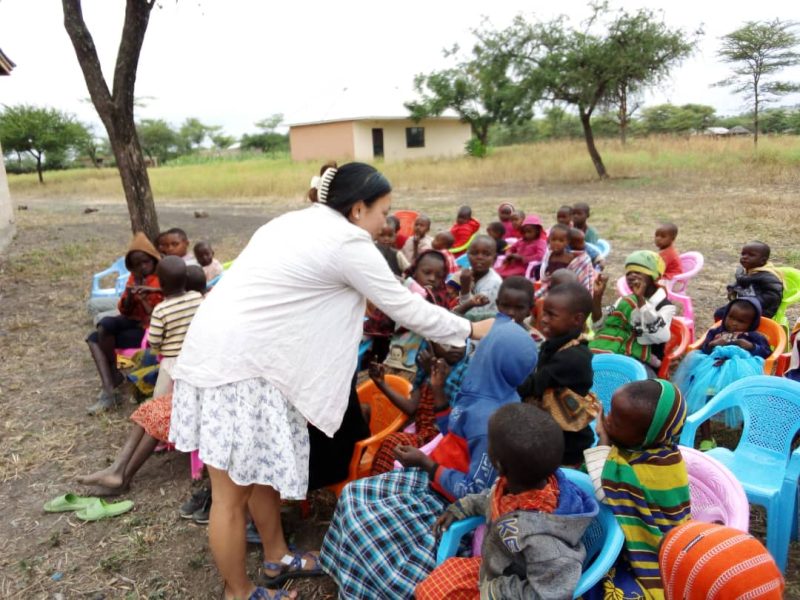
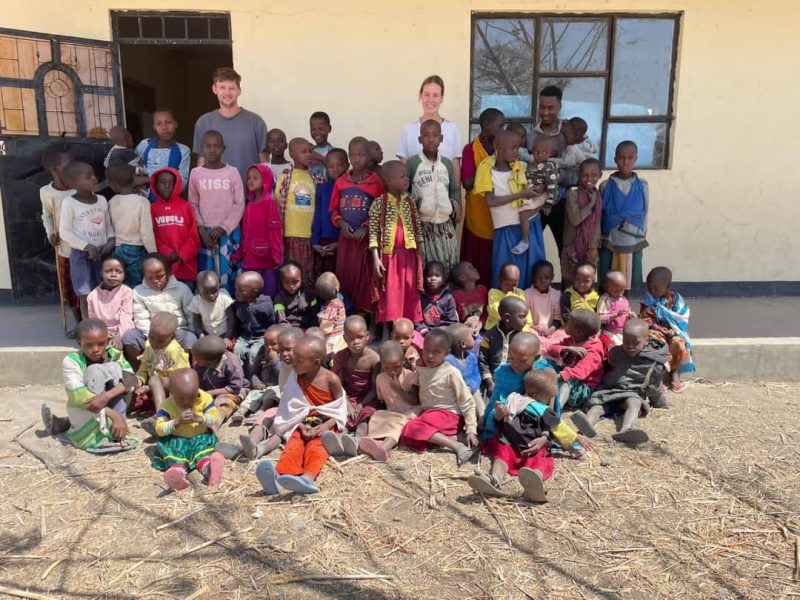
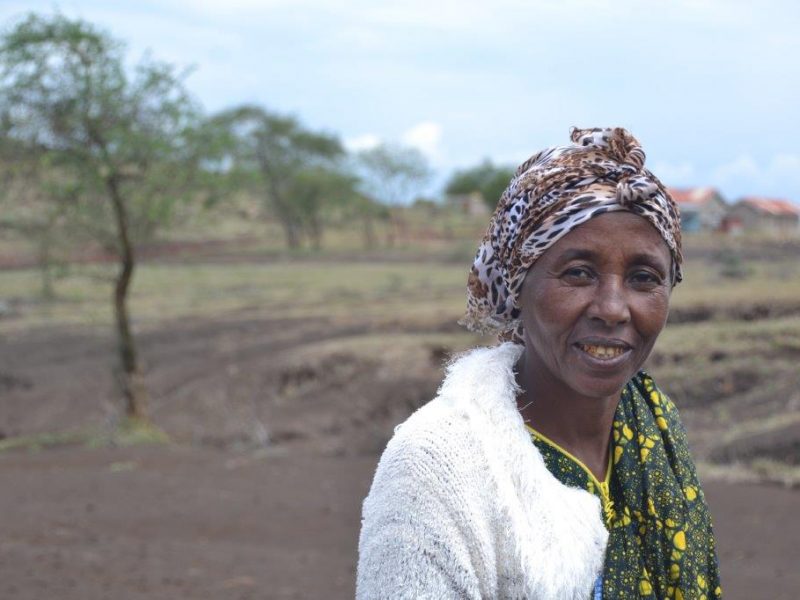
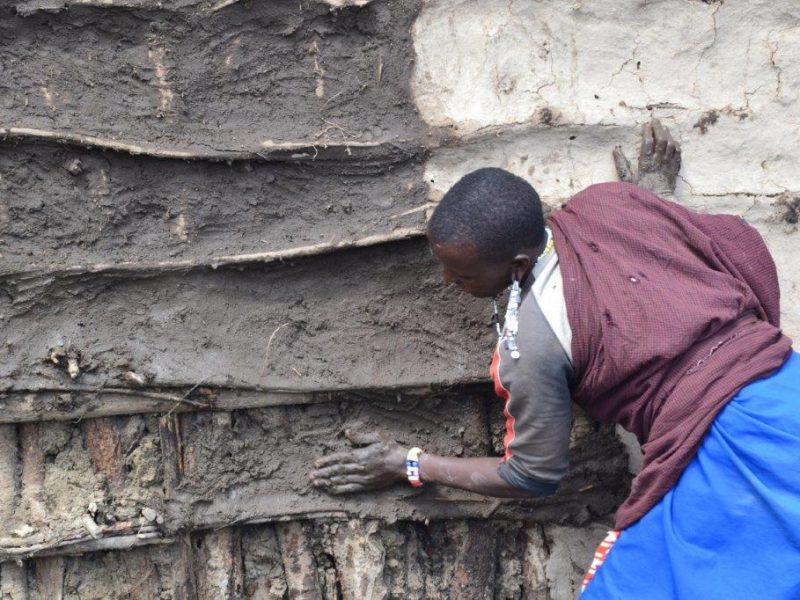
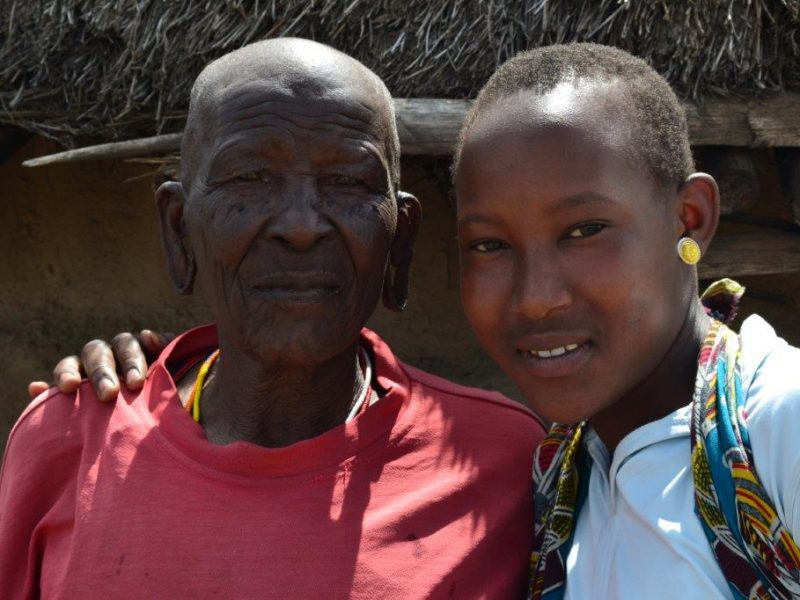
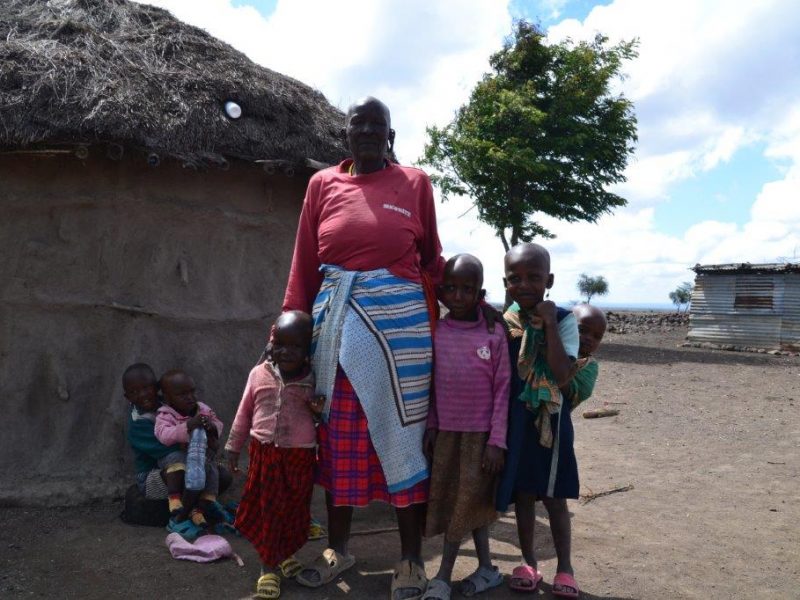
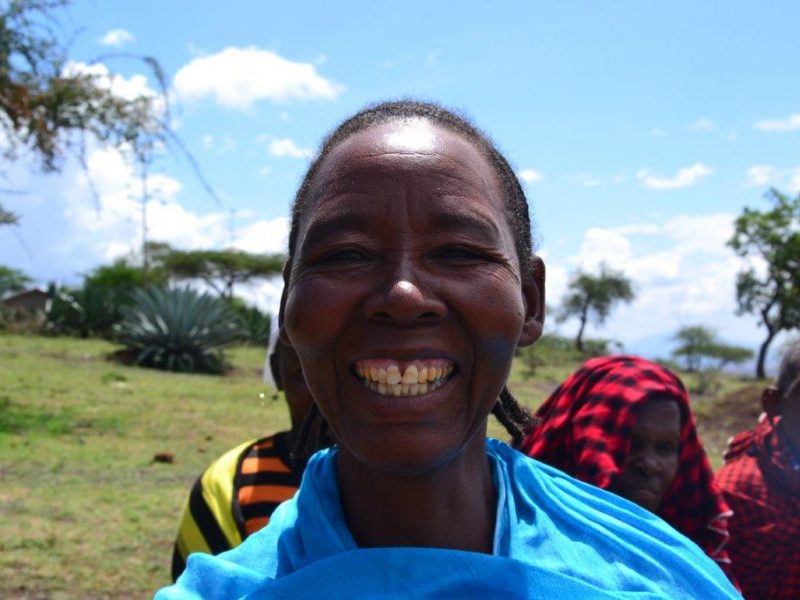
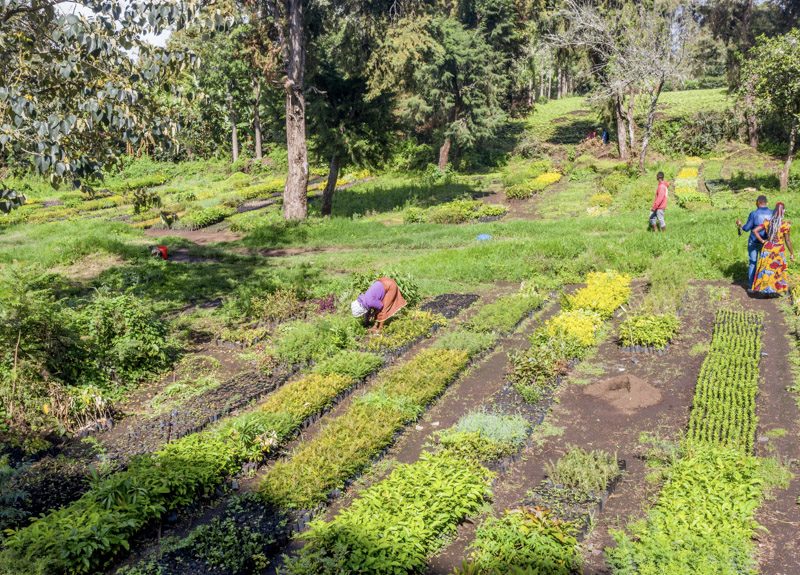
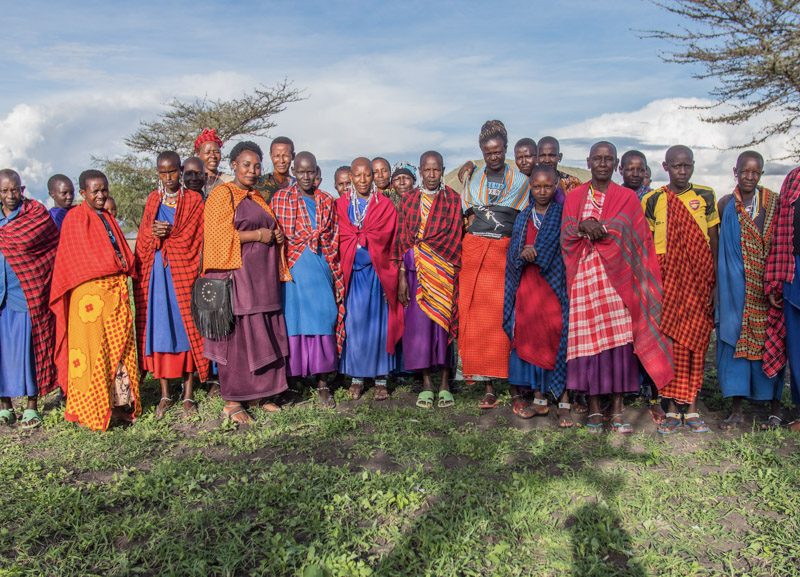
Overview
The Maasai people are a massively symbolic tribe, known for their large amounts of jewellery and colourful clothing. They have a traditional dressing style, traditions and way of life, dating back centuries. Their unique dress is locally known as Shuka in Swahili and comes in various different colours. The majority of Maasai in Tanzania and Kenya have lived a life of poverty and cultural oppression. Men have the all control, being the heads of the households and the village. They have say in almost every aspect of life and occupy almost all the leadership roles.
Maasai women do make an income through selling their traditional beaded jewellery. However, due to their vulnerability and a lack of education, the women do not have an organised way of protecting their hard-earned finances. This is the area where you can massively support the Maasai women, in teaching them informative and helpful ways in order to protect and save their earnings.
The women from Maasai tribes work hard every day milking cows, taking care of calves, and domestic work and looking after the children. This daily work is the priority in the Maasai tribe and there is much less emphasis on education and community engagement, which would allow women to have more options for a sustainable future.
The majority of the women in the village do not speak English, to help, you will be supervised by a local and trained coordinator. This ensures much easier communication between the women and yourself. The main aim of this project is to enable Maasai women to prepare for their future and give them the skills and confidence to do so.
Due to this project’s remote location and limited local transportation, volunteers may need to stay the first night in Monduli and travel to the village the following morning. Volunteer placements are available in a Maasai village in Arusha, but to increase immersion you may volunteer across various villages.
Location
Moita is a charming village located about 32km away from the bustling city of Arusha. The journey from Arusha to Moita takes you on a scenic route, passing through smaller towns along the way and offering glimpses of rural Tanzanian life and the natural beauty of the region.
Additionally, Moita is situated about 36km away from Monduli town, which serves as the district’s administrative centre. This proximity allows visitors to easily access amenities and services while still savoring the peacefulness and cultural richness that Moita has to offer. The land area surrounding Moita boasts rugged terrain adorned with lush grasses, bushes, and trees, adding to the allure of the adventure and showcasing the raw beauty of Tanzania’s natural landscape.
Project Tasks
- To ensure Maasai women have the knowledge to use their income generating activities to cover costs for their children, such as pens, exercise books, food and security.
- Assist and encourage the women to contribute to their community development through their active participation.
- Find and provide solutions to the challenges faced by the women.
- To encourage women to send their children to school and educate them in the prevention of early marriage.
- To run workshops on how to save money, loans and basic financial advice for the women.
Food & Accommodation
During your stay in the Maasai Village in Moita, Arusha, you’ll be accommodated in a very basic, simple, and traditional setting, which adds to the authenticity of your experience. For instance, you may find traditional squat-style flush toilets in use, and at times, showers may require heating the water manually using bucket-style arrangements. There will be 4-6 people sharing a room.
It’s important to note that the village operates without access to electricity. However, the resourceful Maasai people have adopted solar power to some extent, though with limited capacity and availability. As a result, you may not have the convenience of charging your mobile phones or electronic gadgets directly. To address this, it’s recommended that you bring power banks, and the local staff will assist you by periodically charging your power banks in the city.
Additionally, it’s essential to be aware that mobile signal reception is scarce in the village. The best mobile connection you may find is with “Halotel,” which provides good 2G (EDGE) reception and a faint 4G/3G signal for internet-based communication apps. This limited connectivity presents an opportunity to disconnect from the digital world and fully immerse yourself in the genuine Maasai culture and surroundings.
You will recieve 3 meals on weekdays and 2 on weekends. The meals are primarily inspired by the delicious flavors of the local cuisine, offering a true taste of the region’s culinary traditions.
Expect the daily meals to feature a delightful array of locally sourced ingredients, such as corn, rice, potatoes, and bananas. There will be some dishes that incorporate beef, goat meat, beans, and nutritious green leafy vegetables.
If you have any specific dietary needs and/or allergies, kindly inform us in advance, and we will ensure that appropriate meals are prepared for you.
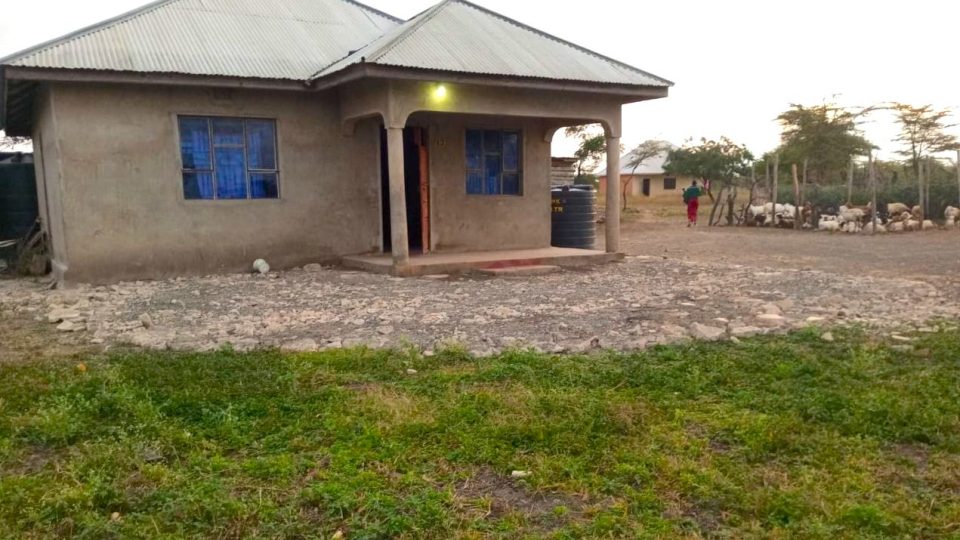
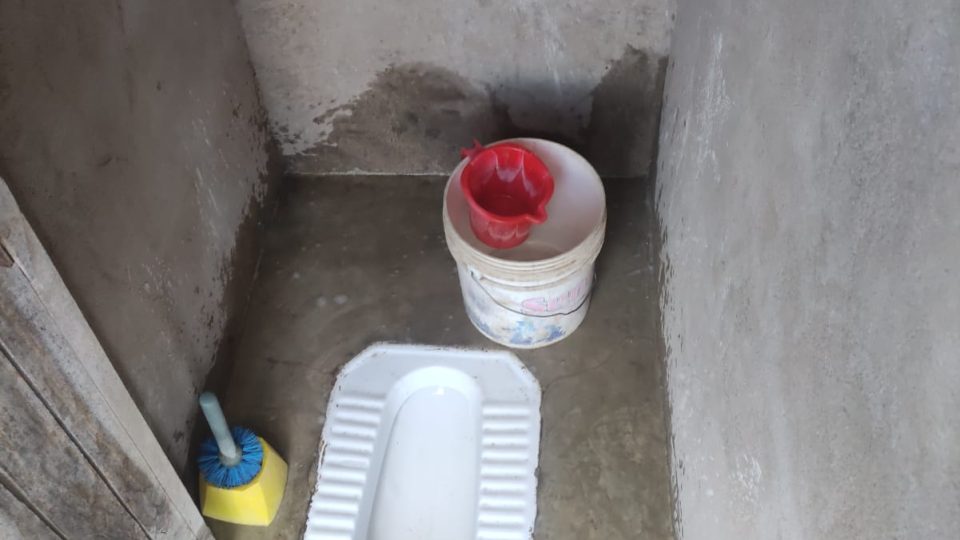
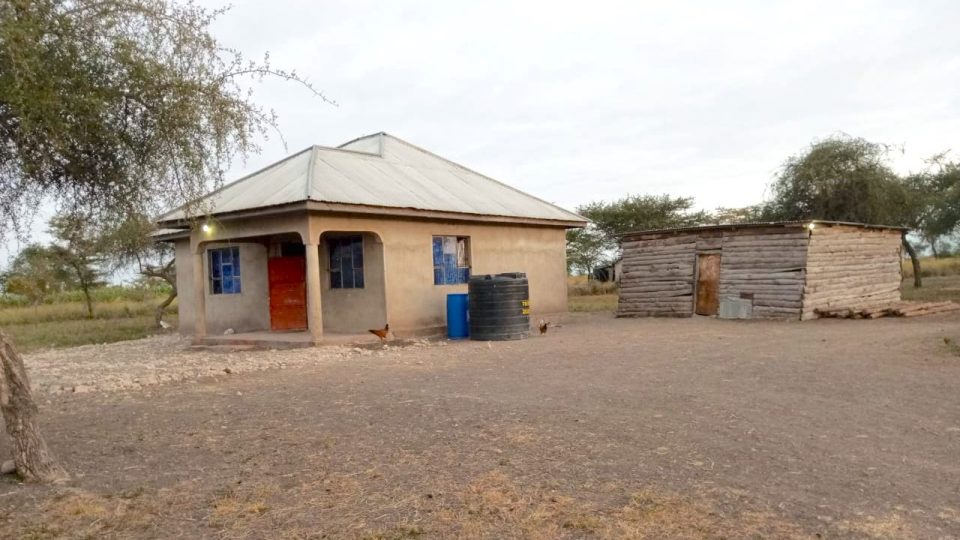
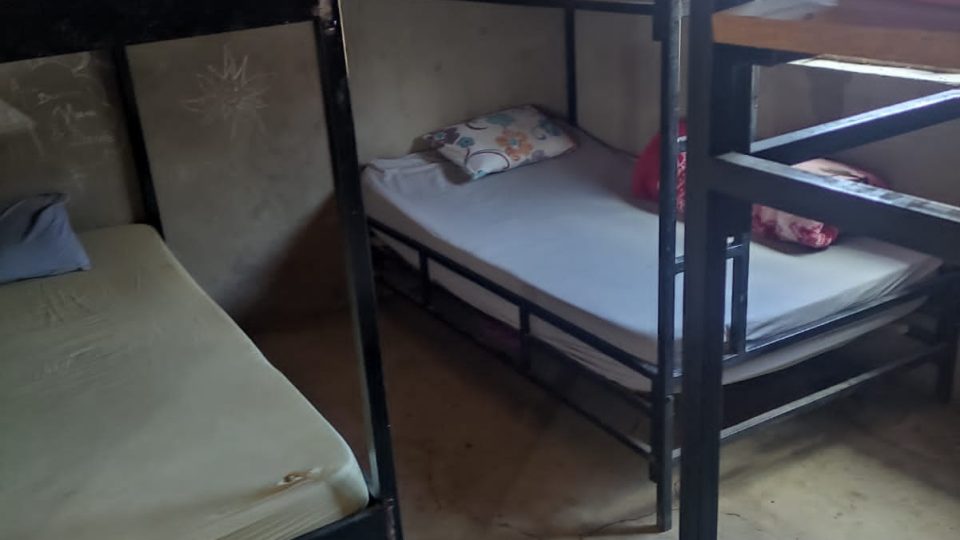
Standard
Projects
- *Cultural Orientation Week
- English Teaching
- Environmental Conservation
- *Maasai Tribe Community Support
- Maasai Mara Woman's Empowerment
-
1 Week - $395
-
2 Weeks - $445
-
3 Weeks - $650
-
1 Month - $875
-
2 Months - $1775
-
3 Months - $2700
What's Included
-
Accommodation
-
Meals
-
Airport Pickup
-
Local Transportation
-
1 Day Orientation
-
24/7 In-Country Support
-
Project Materials & Equipment
-
Pre-departure Expert Advice
-
Preperation Tools & Checklists
-
Certificate of Completion
- Application fee is one off per person (unlimited placements)
- Click Here to convert the below prices to your local currency
- Discounts may apply if travelling in a pair or group!
- All credit card /international fees included in below pricing! 🙂
FAQ
If you’re looking for a sustainable project, knowing that the help you provide will be able to carry on once you leave, then this project is a great fit. The knowledge and skills you can teach these women will help them be able to continue on thier own and look after themselves independently.
If you desire to be off the beaten track and to experience the ‘real’ Tanzania then the women’s empowerment program could be for you. This takes you away from the touritsy areas and allows to you gain an authentic experience.
- Accommodation
- 3 meals p/day weekdays / 2 meals p/day weekends
- Arrival airport transfer (Sat/Sun arrivals)
- Filtered drinking water, coffee & tea
- 1 day orientation
- Daily transportation to project
- In country 24/7 support & emergency assistance
- Fundraising support
- University course credits (where applicable)
- Certificate of Completion
- Airfares
- Travel Insurance
- Tours, Souvenirs & spending money
On your first Monday, you will take part in our orientation day, to familiarize yourself with the local areas and Tanzanian culture. Your project will continue from Tuesday onwards throughout the rest of the week.
Schedule
- Introduction meeting, General rules, Setting Expectations, Advice on Health and Safety and insuring you have all your documents.
- Tanzanian Do’s and Don’ts, Cultural introduction, learning about Tanzania’s history and Intensive Swahili Language classes.
- Tour around the accommodation and local area. We will show you where to find local amenities and where you can buy a sim-card.
- Lunch
- Trip to a Volcanic Crater in Moita.
Programs begin every Monday, and volunteers are required to arrive the day prior, for orientation before the project. Your accommodation on the Sunday is included in the program fees.
A free airport pickup is included when arriving to Kilimanjaro International Airport (JRO) or Arusha Airport, between 6am to 6pm on Saturday or Sunday. If arriving on Saturday, an extra night is charged.
If arriving outside of the pickup times, we charge an additional fee for any extra night’s accommodation before your program, and another fee for a private transfer.
Alternatively, if arriving early you could wait at the arrival’s terminal for the pickup time, book accommodation at the airport and meet us during the pickup times or make your own way to the project (we will advise on how to do this).
From Kilimanjaro airport to the Monduli accommodation, it takes 2-2.5 hours by car. From Arusha airport to the Monduli accommodation, it takes 40-50 mins by car. From Monduli to Moita is takes 1-1.5 hours by car.
For Maasai projects: Due to the remote location of this program and limited local transportation, volunteers will stay the first night in Monduli and travel the next day to the village.
Monday to Friday
- Breakfast
- Meet the Maasai women group and provide insights into a healthy lifestyle to help them cater for their children and themselves
- Discuss and teach sustainable projects with the Maasai women, encouraging them to be financially independent
- Lunch
- Teach the importance of education with the Maasai women
- Engage the women and teach various ways of using their own resources (Table Banking and Saving Strategies)
- Dinner
There are many exciting places to explore in the surrounding areas, here are just a few!
Ngorongoro Conservation Area
Home to the Ngorongoro Crater, this stunning area of vast plains, green forests and wild savannahs, sits next to the Serengeti National Park. You will see the highest concentration of animals here from lions, zebra, wildebeest and elephants. The views from the crater are absolutely stunning, with an atmospheric mountain backdrop. This should be at the top of your bucket list for Tanzania!
Serengeti National Park
Another one for your bucket list and a perfect way to spend your weekend off. The Serengeti is home to an abundance of wildlife, including the big 5 (lion, rhino, leopard, buffalo & elephant). You will also find zebra, wildebeest, giraffes, hippos, baboons, hyenas, ostriches and many more incredible animals. The best way to explore is by camping out in the open or in one of the many lodges. The area is huge, and we recommend at least 2 days here.
Tarangire National Park
A quieter park in Northern Tanzania, Tarangire is known for its large population of elephants and the incredible Baobab tree. In dry season you can spot all kinds of amazing animals that congregate to the Tarangire river. Spot anything from zebras, giraffes, buffaloes, elephants, wildebeests and even lions of you’re lucky.
Moshi and Mount Kilimanjaro
Moshi is about a two and half hour drive from Monduli and can be easily reached using a “dala dala” or taxi to Arusha and then changing again onto Moshi from there.
Moshi is a quiet town with several Western cafes and coffee shops. It is also the closest town to the starting point of the Mount Kilimanjaro trek. On a clear day, you can get excellent views of Kilimanjaro right from the roadside (Tip: Moshi Train Station, which is no longer is use, has fantastic views of Africa’s highest mountain, with locals selling drinks and snacks up the top).
Arusha National Park and Mount Meru
Mount Meru is located in Arusha National Park and is the second largest mountain in Tanzania. If you’re looking to Climb Kilimanjaro ,then Mt Meru can be a great acclimatisation trek, taking you through various types of vegetation. There are also scenic trails around the mountain at ground level. Other attractions include Meru Crater, the Jekukumia River, Ngurdoto Crater and the Momelia Lakes which are known to change colour! You might even find wildlife here including giraffes, warthogs, cape buffaloes, lions, elephants, flamingos and more.
Lake Manyara National Park
If you love bird watching, then head to Lake Manyara during the dry season where pink flamingos flock to the vast lake. During wet season see if you can spot the lions, leopards, hippos, giraffes, zebras, elephants, blue monkeys, gazelles and cheetahs roaming the park.
Kikuletwa Hot Springs
A somewhat ‘secret’ pool of clear blue water, situated in between Arusha and Moshi is the Kikuletwa Hot Springs. The water isn’t actually hot but totally refreshing after the dusty drive getting there. Enjoyed by tourists and locals, this is a beautiful spot for relaxing and swimming in the crystal clear water, surrounded by jungle. There’s even a rope swing into the water for more fun and games. If this wasn’t on your list before, it should be now.
Arusha
Just over an hour’s drive from Monduli, Arusha is a large city in Tanzania which has many Western style eateries, a cinema, Maasai markets, shopping malls, supermarkets and a cultural centre. There are a lot of things to do here and a great way to spend your weekend. Close to the Serengeti, Arusha is a popular starting destination for wildlife safari tours.
Hiking Around Monduli
If you’re looking for off the beaten path trails then there’s no better place to look then in Monduli. There are numerous treks, one even takes you to a beautiful waterfall. You will need to ask your local coordinator to arrange certain visits, as the government needs to grant you permission (for a fee) to visit beyond certain spots, this is to conserve the area.
Iringa and Ruaha National Park
If you have the time after finishing your project, Ruaha National Park is a quieter and much less visited place for wildlife viewing. It’s located in Central Tanzania, near the small and quiet town of Iringa (which is a great stop off for visiting Ruaha). The park is actually the largest in Tanzania but less frequently visited by tourists, although visitors are rarely disappointed by its natural beauty. It’s home to cheetahs, the second largest population of Leopards in Africa, buffalos, hippos, and more!
Zanzibar
A little further afield, it is still possible to fly to Zanzibar for a weekend from Arusha (although several days here would be ideal). Zanzibar is known for its sandy white beaches, turquoise water and unique culture. Stone Town is an interesting town, known for its mazes and spices. Other things to do is a visit to Prison Island, where prisoners were once held but is now home to giant tortoises. You can also spot dolphins and try snorkelling off the island. The North and East of Zanzibar have some of the best and cleanest beaches in the world.
Modest clothing please – knees and shoulders should be covered, with no sheer or see-through clothing, no low cut/ midriff revealing tops, no miniskirts or skimpy clothing is allowed, out of respect for the local culture.
Loose, long sleeved tops, long trousers or skirts are ideal.
For information on holidays and any programs affected, please see the following link: TZ – Holidays – All Programs
Tanzania is a large country in Eastern Africa within the African Great Lakes region. Tanzania is bordered by Kenya and Uganda to the north, Rwanda, Burundi, and the Democratic Republic of the Congo to the west and Zambia, Malawi, and Mozambique to the south. It also sits alongside the beautiful Indian Ocean. Tanzania is home to Mount Kilimanjaro, Africa’s highest mountain, in its north-eastern region. The trek to the top is challenging but provides stunning mountain views. The country is also considered the Safari capital of the world, with incredible wildlife viewing throughout Tanzania, in particular, the Serengeti.
Tanzania is a presidential constitutional republic, and its official capital city has been Dodoma (since 1996). Here you will find the President’s Office, the National Assembly, and other government buildings. Dar es Salaam, the former capital is still the largest city and holds most of the government offices, as well as being the country’s principal port and leading commercial hub.
Climate can vary greatly within Tanzania. Up in the highlands, temperatures range between 10 and 20°C during cold and hot seasons.
The rest of the country is usually pretty consistent, with temperatures rarely falling lower than 20°C. The hottest period months are between November and February (25–31°C) while the cooler months occur between May and August (15–20°C). Tanania can recieve some cooler evenings and mornings, so be sure to bring along something warm to wear.
Tanzania has two major wet seasons: one is uni-modal (October to April) which is experienced in southern, central, and western parts of the country, and the other is bi-modal (October to December and March to May), found in the north from Lake Victoria and up along the east coast.
The Serengeti can be visited throughout the year but is most popular during March to May, due to very little rain. For the wildebeest migration, travel from June to September. And for Zanzibar, this is best visited from June to October, which is dry season.
Tanzania has a large and diverse population, consisting of many different tribles, ethnic communities and religous groups.
Christians and Muslims make up the majority and 2% still practice Traditional African Religion.
incredibly, there are over 100 different languages are spoken in Tanzania, making it the most diverse country in East Africa for language. All four of Africa’s language families are spoken (Bantu, Cushitic, Nilotic, and Khoisan), with Swahili and English being the official languages. Although some locals speak great English, Swahili is predominantly spoken throughout the county.
30 Years Non Profit Experience
IVI is an Australian charity & non profit organisation founded in 1989 and is one of the pioneers of overseas volunteering successfully placing over 20,000 volunteers globally.
Affordable Volunteer Travel
Safe & Responsible Projects
Work Experience & University Credits
Weekends & Extra Tours

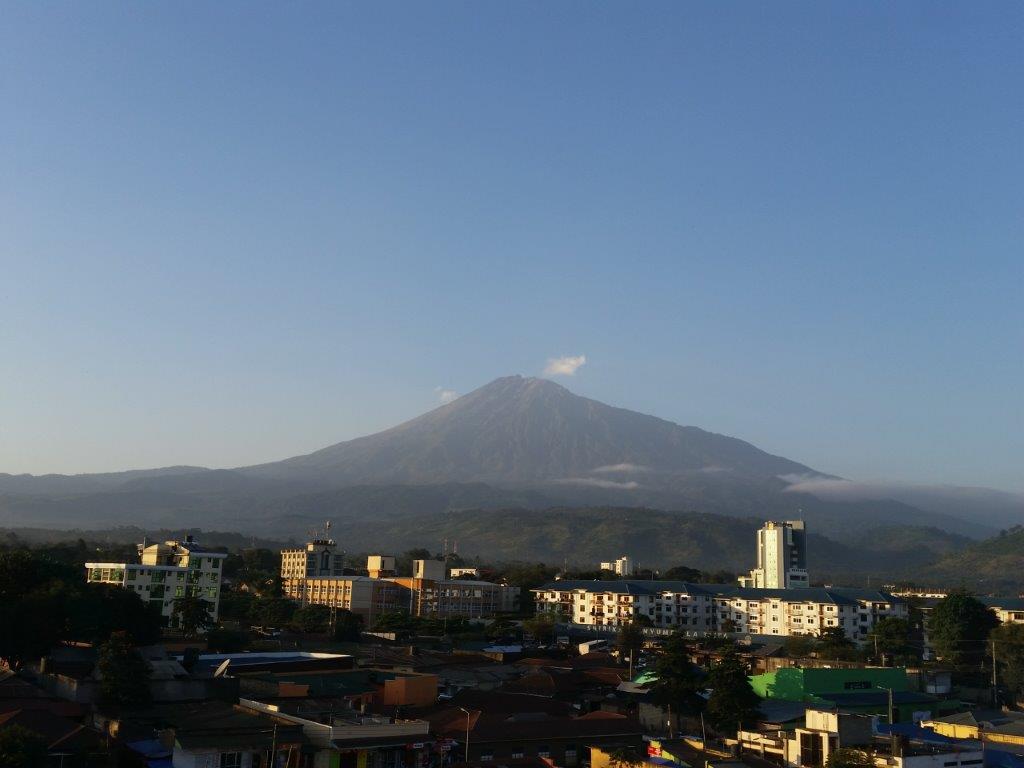

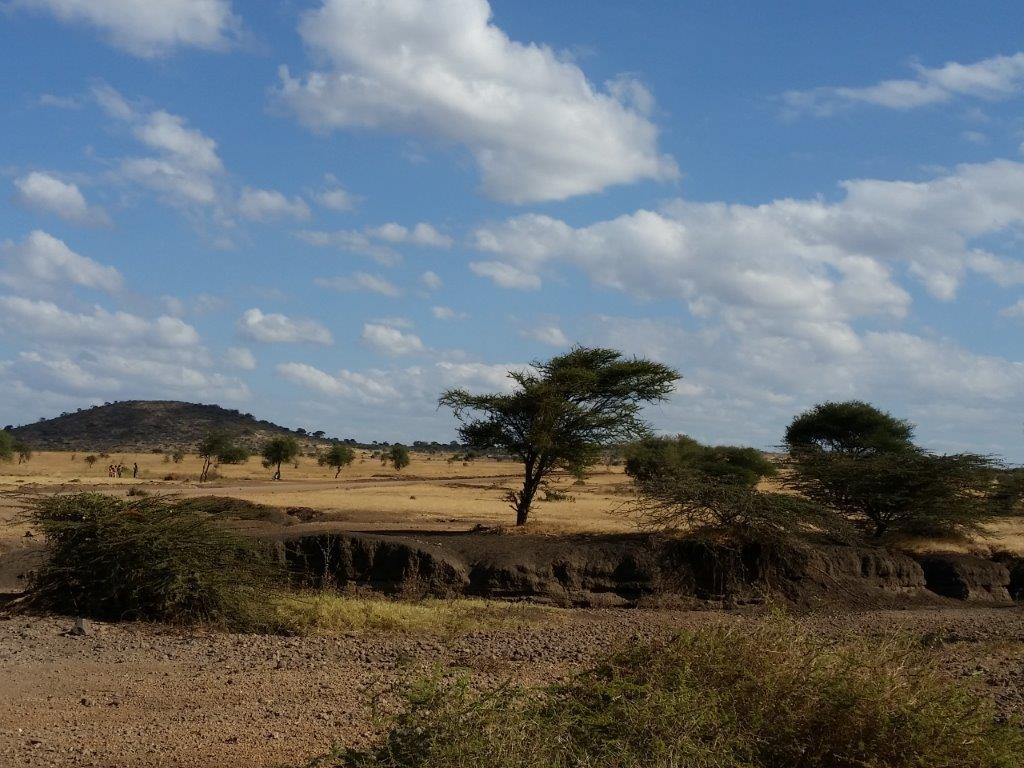
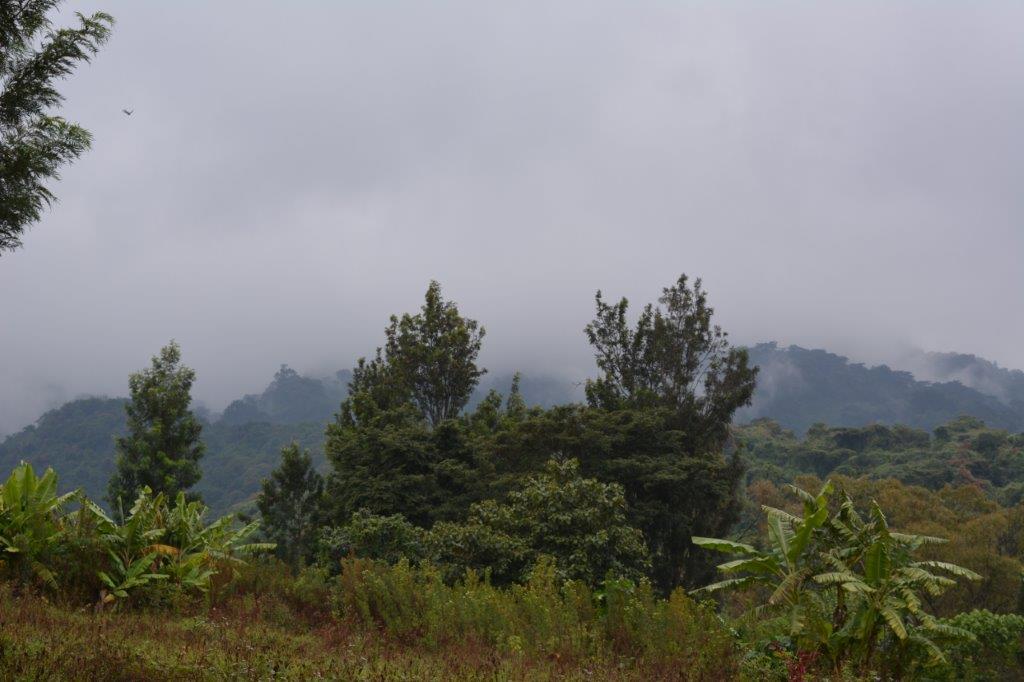

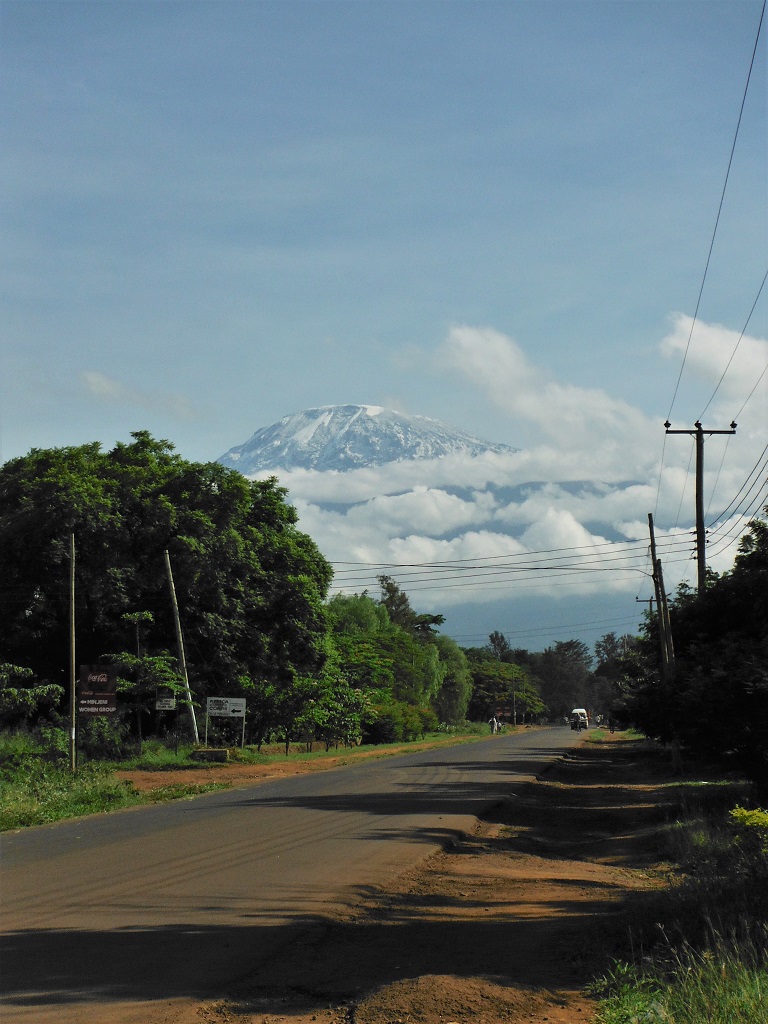

 Involvement Volunteers International
Involvement Volunteers International 